See inside Durham's Crook Hall and Gardens as The National Trust takes on historic site
and live on Freeview channel 276
The conservation charity bought the 10-acre site in Frankland Lane, in Durham, in March this year, after it was hit hard by the pandemic, and will be carrying on the good work of the previous owners, Keith and Maggie Bell, who had lovingly cared for the home and gardens since 1995.
Like many of the buildings in the city, Crook Hall has a rich history. It began life in the 13th century as a Medieval hall and was added to over the years, with a Jacobean manor house merging into a Georgian town house.
Advertisement
Hide AdAdvertisement
Hide AdAs well as a visitor attraction, the privately-owned hall was a popular wedding venue, before the pandemic led to it closing in 2020 and it being put up for sale.
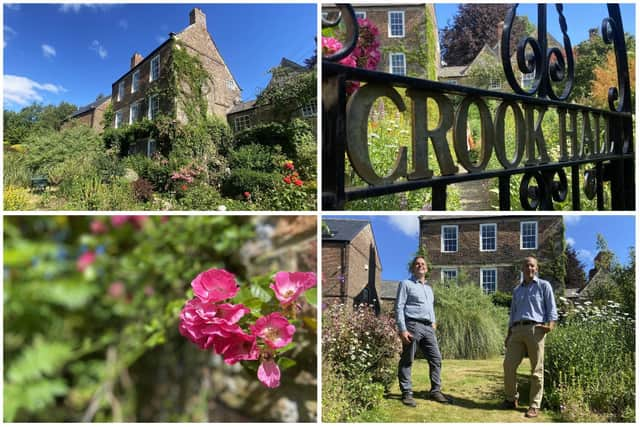

Now, for the first time since March 2020, it has reopened its doors to the public once more, who can enjoy its picture-postcard gardens, cafe, maze and Medieval hall. The charity has also acquired the neighbouring car park.
The Grade I-listed Jacobean and Georgian residential side to the building will remain closed, however, as the National Trust turns it into a staycation venue, with a view to opening by summer 2024.
The apartment above the cafe will also be available as a holiday let in the future.
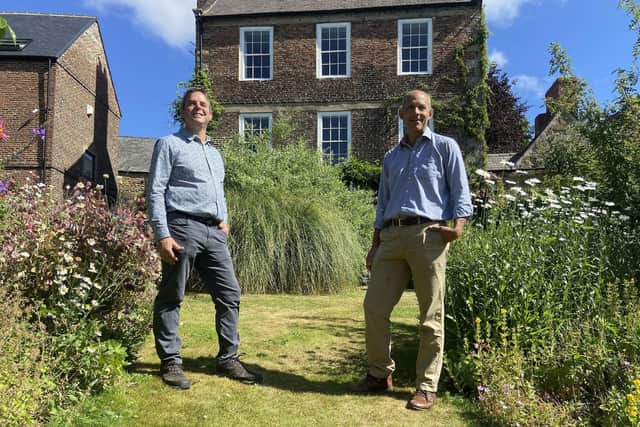

Advertisement
Hide AdAdvertisement
Hide AdSpeaking about the reopening day, Mike Innerdale, regional director for the North of England for The National Trust, said: “It’s wonderful. We’re here to care for the amazing places across the North East and we felt it was appropriate that we picked up the mantle as the custodians of this amazing gardens and hall, and also the role we can play to help activate the greater nature and access around Durham City."
The hall will be working with partners such as Durham County Council on a green corridor, as part of a wider scheme to help improve the county’s walking and cycling infrastructure, so that people can walk a route from Finchale Priory to Crook Hall, as well as access routes to the wider area around Durham.
The acquisition of the hall has created 11 new employment roles. Eleven volunteers were already in place, and a further 40 volunteers have since come on board.
Although The National Trust will be changing the offering at the main house, there are elements of the site which will remain the same.
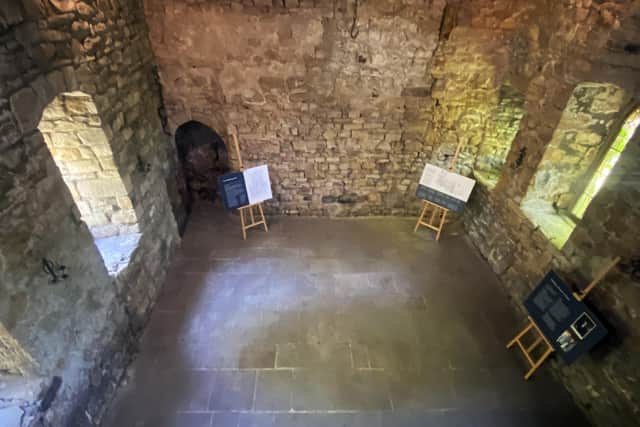

Advertisement
Hide AdAdvertisement
Hide AdMike said: “There are elements of the place we want to continue with, in the way they’ve run it, in particular the gardens and the cafe which is really well loved by the local community.
“The main change is the house, which won’t be opening to the public, as we’re looking to turn it into holiday accommodation. But the main Medieval hall, which is the most important part of the house, will be.”
Eric Wilton, general manager for Crook Hall and Gardens, said the response from the public to the reopening has been incredible.
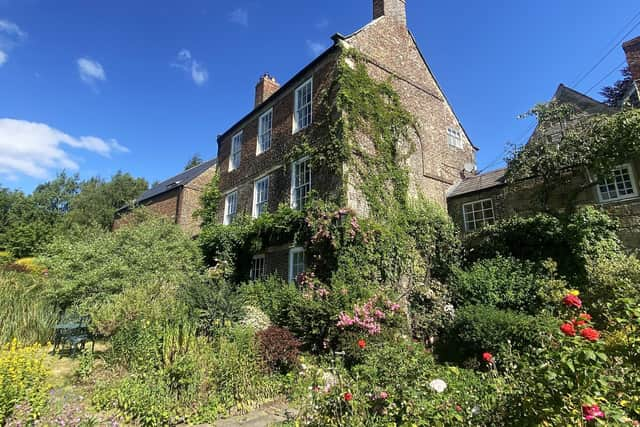

"We’ve been blown away by the response to us taking over the site. I’ve not seen one negative comment,” he said.
Advertisement
Hide AdAdvertisement
Hide Ad"We had 15 weeks to turn this property from closed to open, including setting up all the National Trust systems, and I’m so proud of the team’s dedication. It’s exceptional in such a short space of time.
"This site means a lot to people and they want to be involved and be a part of it. Every day we’ve had people passing and asking when we’re opening, so it’s great to finally welcome them back.”
He added: “It’s so important to create spaces of tranquillity post-pandemic, and this place is a real refuge for people.”
The National Trust already looks after several attractions in the North East, including Gibside, Washington Old Hall, Souter Lighthouse and The Leas, Seaton Delaval Hall, Wallington and Cragside, Ormesby Hall in Teesside, as well as approximately six miles of the Durham Coast. But this is its first property in Durham City.
Advertisement
Hide AdAdvertisement
Hide Ad*Crook Hall and Gardens, which includes a series of gardens, cafe, pond and maze, is open now daily, from 10am – 4pm until October 30, with winter opening hours due to be announced closer to the time.
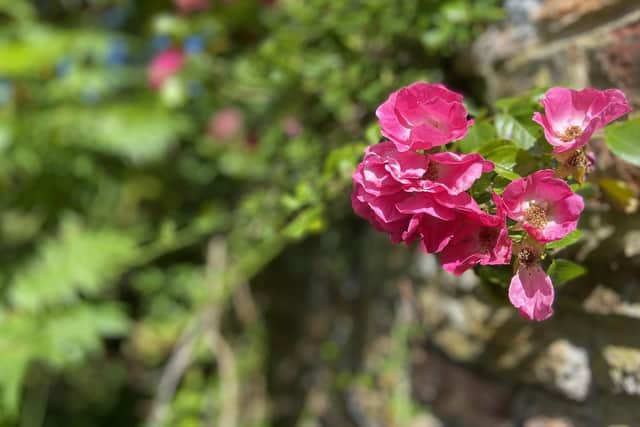

History of Crook Hall
Crook Hall is thought to be one of the oldest domestic houses in Durham.
The hall was originally built in 1286 by Peter del Croke, who gave it his name – becoming Crook over time.
The Medieval hall is the oldest part of Crook Hall. It was built in the 14th Century, replacing the earlier hall.
Advertisement
Hide AdAdvertisement
Hide AdIt was once the heart of the house where the family ate, drank and entertained guests, with the Minstrels Gallery providing a stage for performers.
The hall was extended, improved and changed over the centuries and the heart of the house moved to more fashionable spaces, with the hall utilised in different ways by subsequent residents.
In the 19th Century, John Fowler used the old hall as a beer bottling plant.
Before being bought by The National Trust, Crook Hall was a family home for more than 700 years, with famous house guests including poet William Wordsworth, writer John Ruskin and Durham’s own Count Boruwlaski, who also lends his name to the Count’s House further along the riverside.
